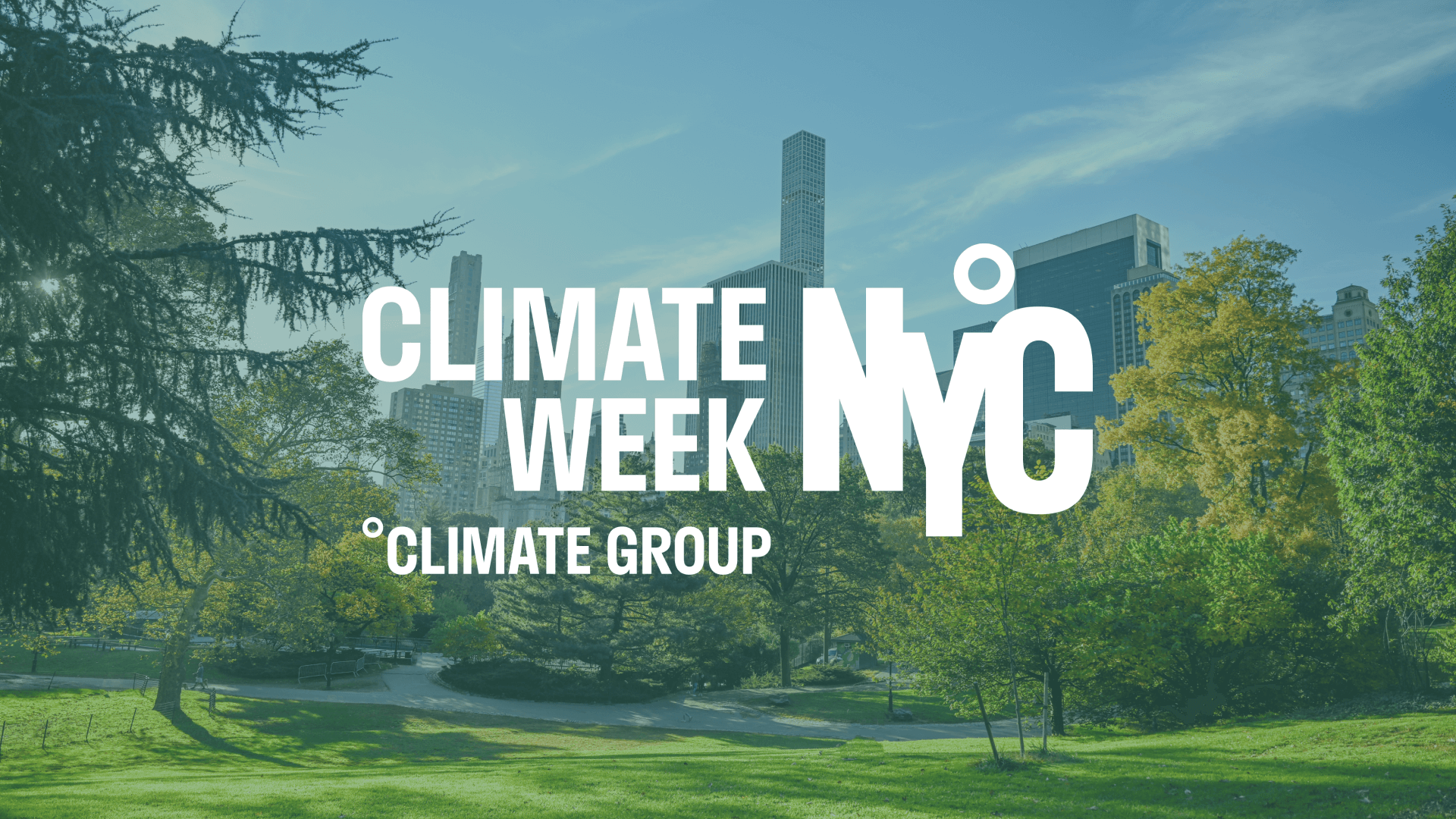As Global Stocktake Kicks Off at COP26, iGST Offers Tips for Assessing Progress
Civil society pushes for a robust assessment to boost climate ambition worldwide
SAN FRANCISCO – ClimateWorks Foundation, a leading global platform for climate philanthropy, today announced the Independent Global Stocktake (iGST) has mobilized to support the inaugural Global Stocktake (GST), which commenced at the 2021 United Nations Climate Change Conference (COP26) to determine global progress in meeting climate goals. The iGST represents civil society actors pushing for a robust GST that empowers countries to take greater climate action.
The Global Stocktake is an essential feature of the Paris Agreement to periodically take stock of progress toward its long-term goals. It was created to review collective efforts and increase climate action, support, and international cooperation. Beginning this year, the first GST will continue through 2023, and the process will repeat every five years.
“The Global Stocktake has the potential to be a critical lever in assessing worldwide progress and increasing long-term goals to bend the emissions curve so that people can live healthy and prosperous lives throughout the world,” said Jason Anderson, program director of governance & diplomacy and super pollutants at ClimateWorks Foundation. “This is an opportunity to set a strong foundation for a durable GST, one that has equity built into its fabric, ongoing engagement with a broad spectrum of stakeholders, and increases the accountability of the Paris Agreement.”
Transparent and inclusive processes that embrace broad stakeholder participation will foster accountability and credibility to effectively drive transformational change to equitably reach the Paris Agreement’s mitigation, adaptation, and financial goals. The iGST, along with other civil society groups, is working to support an effective GST process that builds political momentum and invites public and media scrutiny. The iGST consists of thematic working groups paralleling the long-term goals of the Paris Agreement — mitigation, adaptation, and finance — and a group focused on the cross-cutting theme of equity. Additionally, it hosts regional civil society hubs, with pilots in Latin America and the Caribbean; West Africa; and launching next year in Southeast Asia.
Last fall, as part of a broader research series, the iGST released a capstone report, A Vision for a Robust Global Stocktake, with recommendations for a successful GST, including:
- Optimizing GST’s pace setting. An effective GST can trigger a virtuous cycle of increased ambition by encouraging policymakers to better synchronize their national planning and implementation processes through regular successive rounds of Nationally Determined Contribution (NDCs) while also better aligning their short-term national climate plans with the Paris Agreement’s long-term goals.
- Addressing data and process gaps. The GST should address substantial process and information gaps to assess progress. This includes ensuring that there is clarity on timelines within the GST, linking GST processes with other workstreams such as Intergovernmental Panel on Climate Change (IPCC) cycles, and ensuring the input of high-quality information to fulfill GST’s transparency and accountability functions. Civil society can play a critical role in reducing some of the information gaps related to topics in the GST, such as mitigation, adaptation, finance, and means of implementation and support.
- Fostering equitable and inclusive engagement. Broad participation in the GST by all Party and non-Party stakeholders, including civil society and national governments, is important to elevating GST’s legitimacy, encouraging government accountability, and enhancing international cooperation. Supporting national, regional, and multi-stakeholder events and ensuring equitable participation of more resource-constrained countries will be vital to the GST acting as a driver of ambition.
- Accelerating climate ambition with politically impactful outputs. Whether governments will be able to go beyond their comfort zone and express ambitious aspirations based on tough science-based decisions remains to be seen. To fulfill the promise of the Paris Agreement at the scale and pace that is needed, the GST will need to mobilize compelling data, create international and domestic pressure, and generate the political momentum to achieve its desired outcomes.
For more on iGST’s recommendations for a robust GST, read its report here.
About the Independent Global Stocktake
The Independent Global Stocktake (iGST) is an umbrella data and advocacy initiative that brings together climate modelers, analysts, campaigners, and advocates to support the Paris Agreement. Structured around a set of work streams complementary to the Paris Agreement, iGST promotes dialogue and research in alignment with the Global Stocktake, iGST is a consortium of organizations with a secretariat based at ClimateWorks.
About ClimateWorks Foundation
ClimateWorks Foundation is a global platform for philanthropy to innovate and accelerate climate solutions that scale. We deliver global programs and services that equip philanthropy with the knowledge, networks, and solutions to drive climate progress. Since 2008, ClimateWorks has granted over $1.3 billion to more than 600 grantees in over 40 countries.
